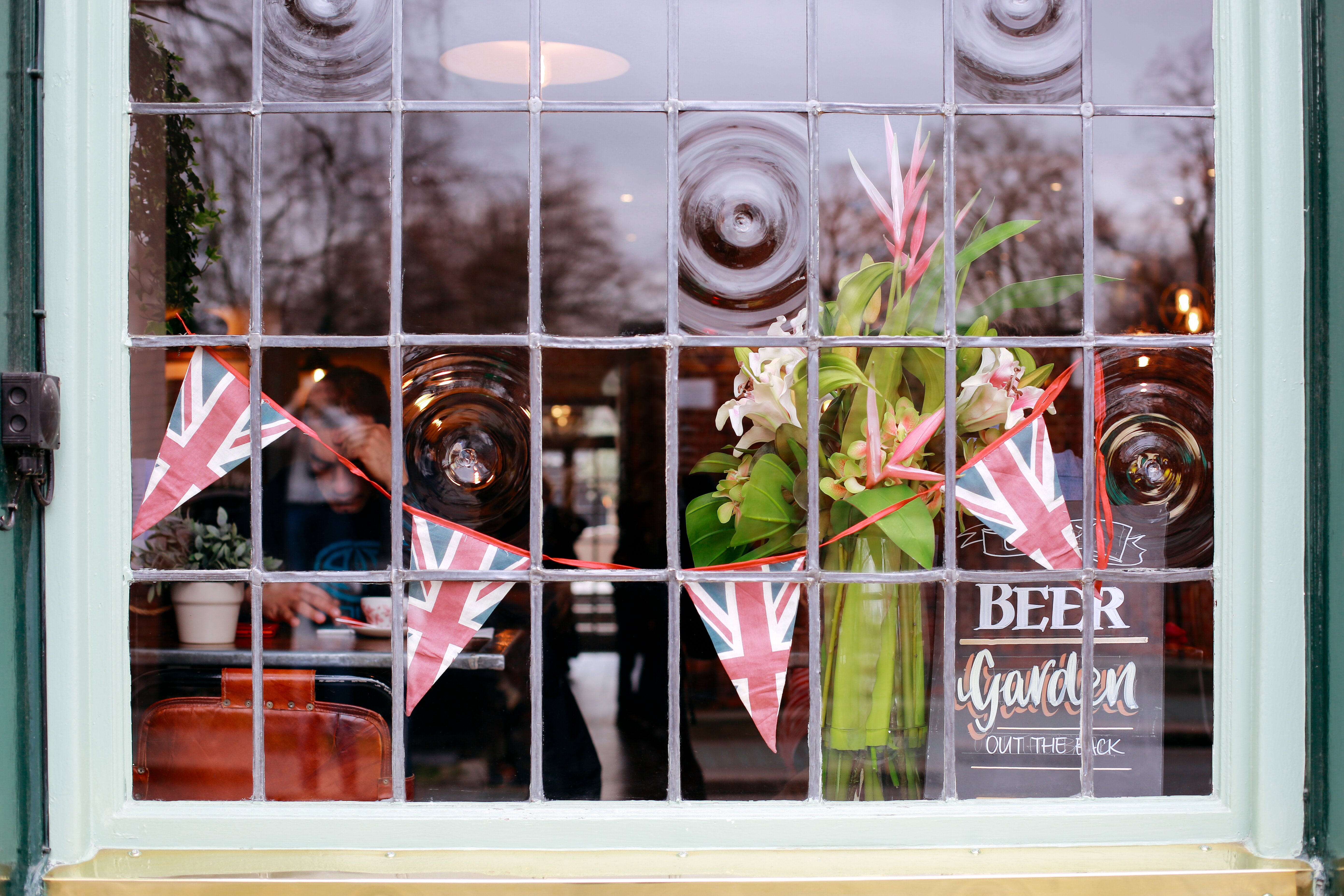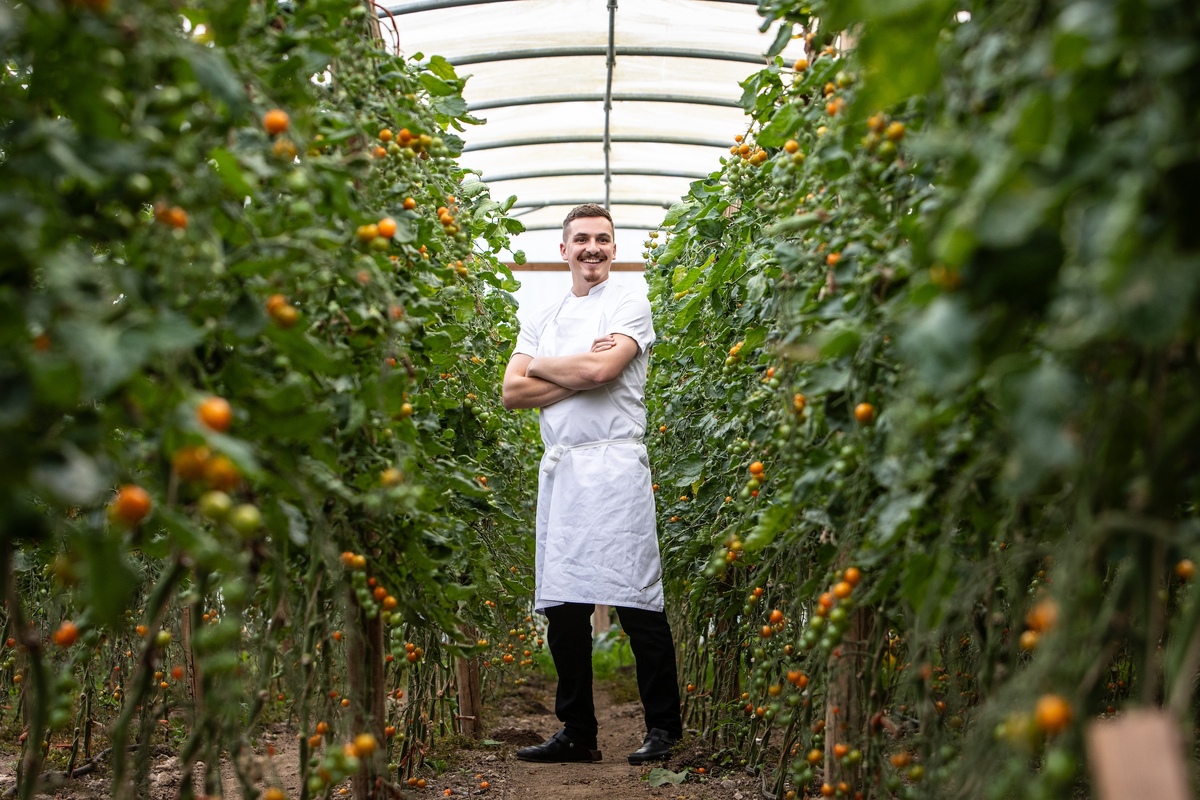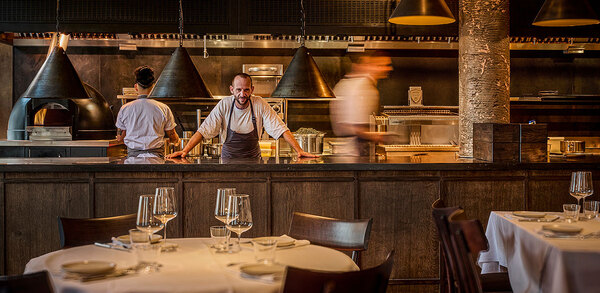Few planning to toast Coronation in a pub as customers cut back on eating out
As rising household bills continue to bite, over half (54%) of consumers say they are cutting down on discretionary spending, especially eating out at restaurants (62%).
This is according to Barclays data based on customer transactions, which reported that restaurants saw a drop of 5.6% in spend last month.
Over a third of respondents to the survey (36%) said they were cooking more at home instead of eating out, while 21% were even avoiding social plans that involve eating out so they can save money.
Looking ahead, 35% of Brits said they will spend on activities over the King’s Coronation Bank Holiday weekend in May, with 11% of consumers planning to purchase food and drink for hosting friends or family and only 8% planning to spend money on drinks out at bars and pubs.
This may be because consumers are feeling slightly less confident in their household finances (59%) and ability to spend on non-essential items (48%) than they did in February (64% and 51% respectively), although confidence in the UK economy has remained steady at 23%.
As the cold weather persisted into March and households kept their heating on, spending on utilities rose 39.3% year-on-year, with 88% of consumers feeling concerned about the impact of rising household bills on their finances.
Esme Harwood, director at Barclays, said: “The below-inflation rise in grocery spending shows that Brits are still trying their hardest to shave money off their weekly shop as energy bills continue to rise. Cutbacks are also impacting restaurants, with a number of cash-strapped consumers even avoiding social plans that involve meals out.
“Hospitality and leisure businesses will be hoping that the busy Bank Holiday period provides a boost to counteract consumers’ everyday cost-savings. While predictions for the Coronation weekend are lacklustre, the results from Mother’s Day are more encouraging, demonstrating that Brits are still taking advantage of one-off moments to go out and celebrate.”
Silvia Ardagna, head of European economics research at Barclays, said: “Inflation remains stubbornly high, with food and beverage prices up notably in February, and driving the sharp acceleration in prices set by restaurants and hotels.
“In this light, it is not surprising that consumers are moderating spending in these categories. But, with the decline in energy prices, we also expect a fast deceleration in food prices, which should provide some support to households’ consumption and allow the UK to experience just a mild recession in the first half of 2023.”
Photo: Alena Veasey/Shutterstock




















